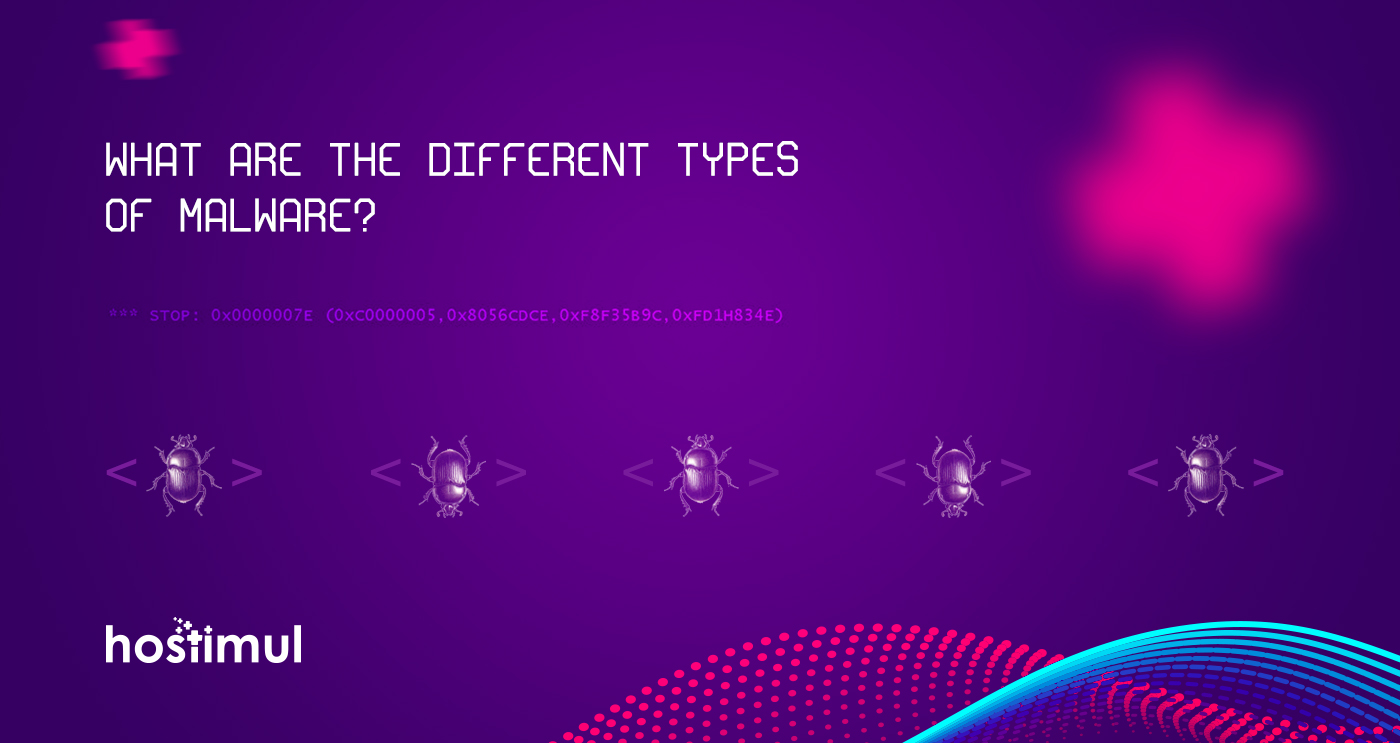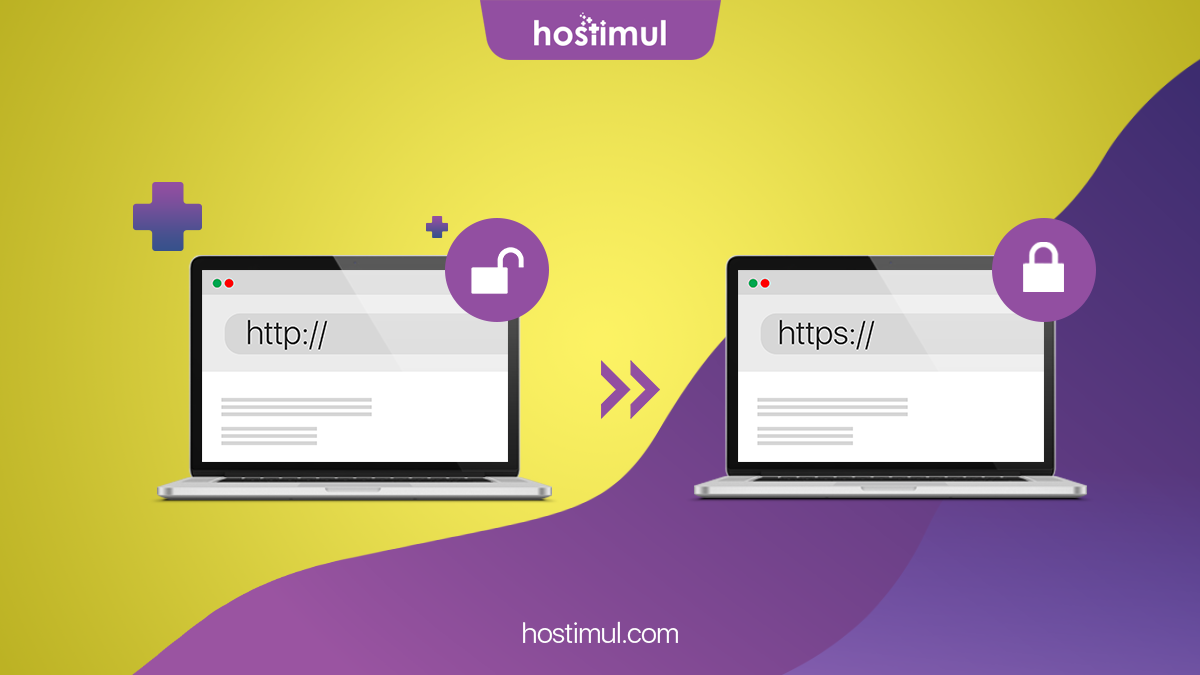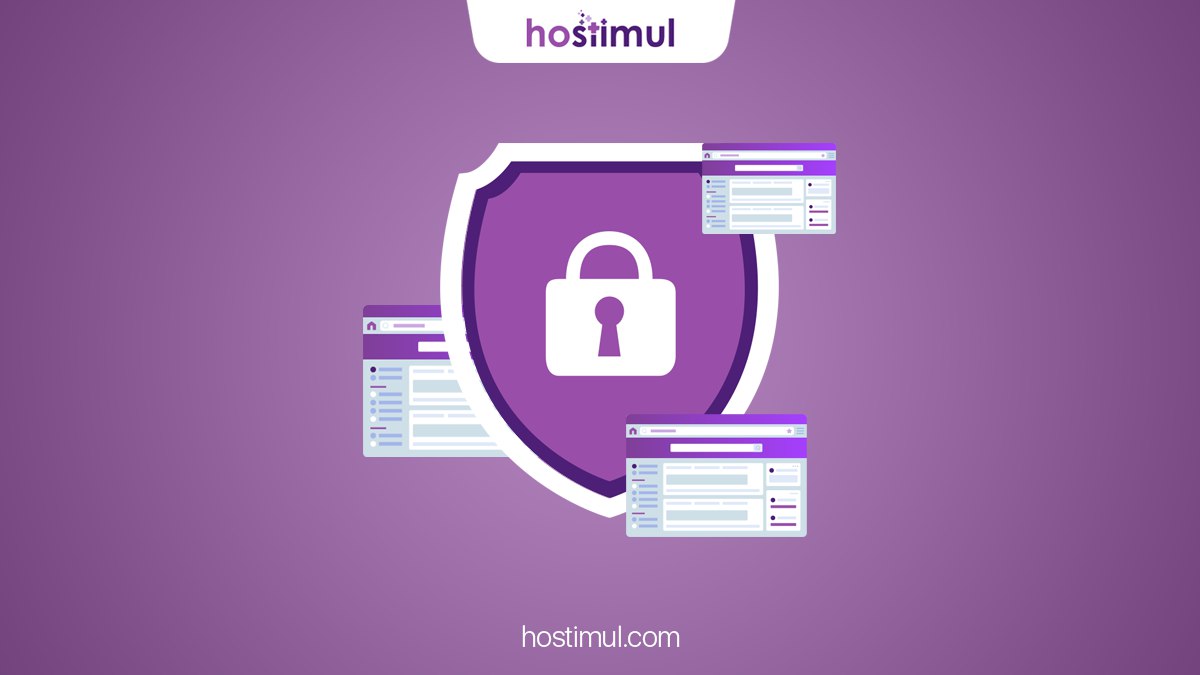With all of the different hosting types available it is really difficult to choose the one that fits your website needs. The hosting type that confuses users most of all and creates enough questions is VPS hosting. Compared to shared and dedicated hosting it's the comparatively new type of hosting so that confusion is understandable.
If you try to learn more about VPS to deciding if it's the right choice for your business, then this post can be helpful for you. Below you will find the answers to the most common VPS hosting questions.
1. What is VPS hosting?
VPS is short for a Virtual Private Server. It uses virtualization technology to provide you with dedicated resources, but it utilizes a shared server environment. Your physical servers will be located in a data center. And a VPS is simply a portion of this physical server that has its own operating system, disc space, and bandwidth. The VPS server customization options in some way are similar to a dedicated server, but depending on the cost.
Of course, this hosting option is more secure and stable than shared hosting where you don’t get a dedicated server space. At the same time, it’s smaller-scale and cheaper than renting a dedicated server.
VPS hosting is usually chosen by website owners who have medium-level traffic that exceeds the limits of shared hosting plans but still don’t need the resources of a dedicated server.
2. How does VPS hosting differ from shared and dedicated hosting?
Different types of web hosting allow you to perform different levels of customization on your server.
VPS hosting is technically a cross between both shared hosting and dedicated hosting.
With dedicated servers, you rent out an entire server, which can be pretty expensive. With shared hosting, you rent a portion of a server that’s shared with other users. Shared hosting is a solid option for beginners, as it’s generally much cheaper and provides you with the necessary resources to get your site started.
VPS housed on a single server and that server is divided into different virtualized server environments. The difference from shared hosting is that with VPS you don't have limits on the amount of CPU and memory available, as well as other software restrictions.
4. What are the benefits of VPS hosting?
If you need a particular hosting setup, a high level of security or just have a large high-traffic site, then maybe you are thinking about renting a dedicated server. But, think twice before making such an expensive deal! That's when VPS comes to the rescue.
VPS can be completely customized to your needs and give you much more control over your hosting when compared to a shared server. VPS hosting can also grow with your site as your traffic levels and resource needs increase.
Finally, VPS hosting is usually more secure than shared hosting, it's because you’ll be the only site using the set server resources.



